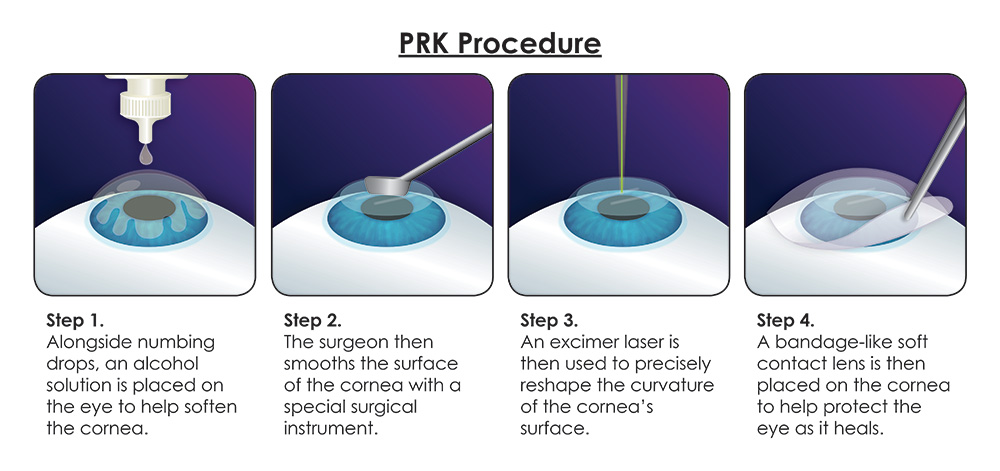I am not a coffee drinker myself; however, research stated that 40 percent of 18 to 24-year-olds consume coffee on a daily basis and other studies show that 83 percent of adults drink coffee regularly as well. A total of 54% of Americans over the age of 18 drink coffee every single day. I have seen throughout the course of my lifespan that consuming coffee as a grown up every morning is considered to be an ordinary and familiar activity. No one has ever really questioned the effects of coffee on the physical effects it may have on the development of our bodies, especially throughout puberty. Considering a vast majority of our population drinks coffee regularly, does coffee cause an abnormally high heart rate?
I have observed that coffee was never really popular for grade school students, but within a week of entering Penn State University, I witnessed that that the consumption of coffee vastly increased in college. Students at this age abuse the use of this drug to remain awake for long nights of studying or partying. The reason coffee is used for these purposes is because it’s a stimulant containing the ingredient of caffeine. Caffeine is an addictive drug that is a stimulant of the central nervous system. Many mature adults also consume coffee at excessive amounts for different reasons. Usually, regular adult consumers drink it every morning to start their day off with an extra kick, a boost of energy.
One study showed that those who drank four or more cups of coffee a day had abnormally high blood pressure and were four more times likely to have a stroke. Also, those who were slower to metabolize caffeine had a larger chance of getting a heart attack due to high blood pressure and abnormal heart rate. On average, drinking 2-4 cups of coffee a day is a healthy amount that does not have harmful effects towards the heart.
The truth is, many recent studies have found coffee to have several adverse side effects including insomnia, jitteriness, anxiety, nausea, headaches, nervousness, increased blood pressure and heart rate. An increase in heart rate and blood pressure can have a severe effect on the body and may even lead to a heart attack. This may be the case if excessive consumption of coffee occurs. There is not enough research to say with confidence that a certain amount of coffee and caffeine can lead to these tragedies but studies do show a correlation.
In one study mass consumption of coffee was said to increase your blood level of adrenaline. This likely causes your heart to beat faster, skipping beats, and provoke a distressing feeling.
Where does science come into play?:
X Variable: How much coffee one drinks.
Y Variable: Heart rate
Experiment type: Experimental
Null Hypothesis: Coffe doesn’t effect heart rate.
Alternative hypothesis: Mass coffee consumption(5+ cups/day) increases heart rate.
Reverse Causation: Increase in heart rate causes one to drink lots of coffee a day.
Third Confounding Variables: Other caffeine consumed, exercise, heart problems.
Chance
I would accept the alternative hypothesis because the evidence and studies previously provided lead me to believe that the caffeine in coffee increases heart rate with mass coffee consumption. Caffeine is a stimulant drug so with enough of it in your system, harmful effects can occur; for example, one might experience an increase in heart rate which then may lead to a heart attack. I would reject the null hypothesis because the research I have done states that coffee intake does affect heart rate. Reverse causation does not make sense because ones increasing heart rate does not cause them to drink more caffeine. As always, chance can always be a possibility when studies are reliable and proven, but it is very unlikely because the studies support the alternative hypothesis.
We can conclude that coffee does, in fact, correlate with an increase in heart rate due to the stimulant of caffeine.
http://www.webmd.com/vitamins-supplements/ingredientmono-980-coffee.aspx?activeingredientid=980
http://www.everydayhealth.com/news/coffee-your-heart-stimulant-stressor/



















